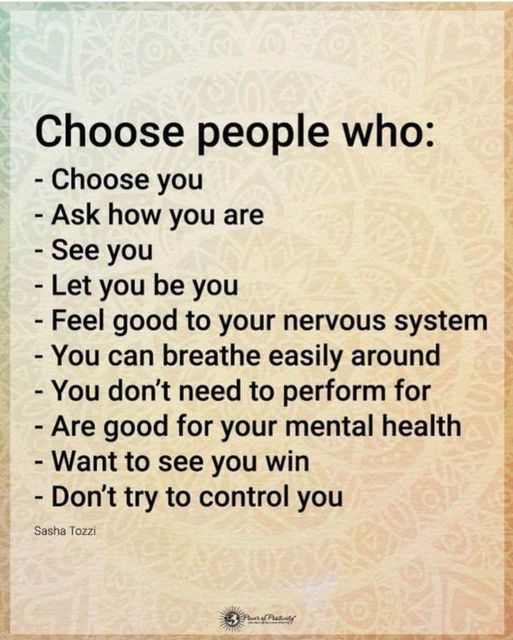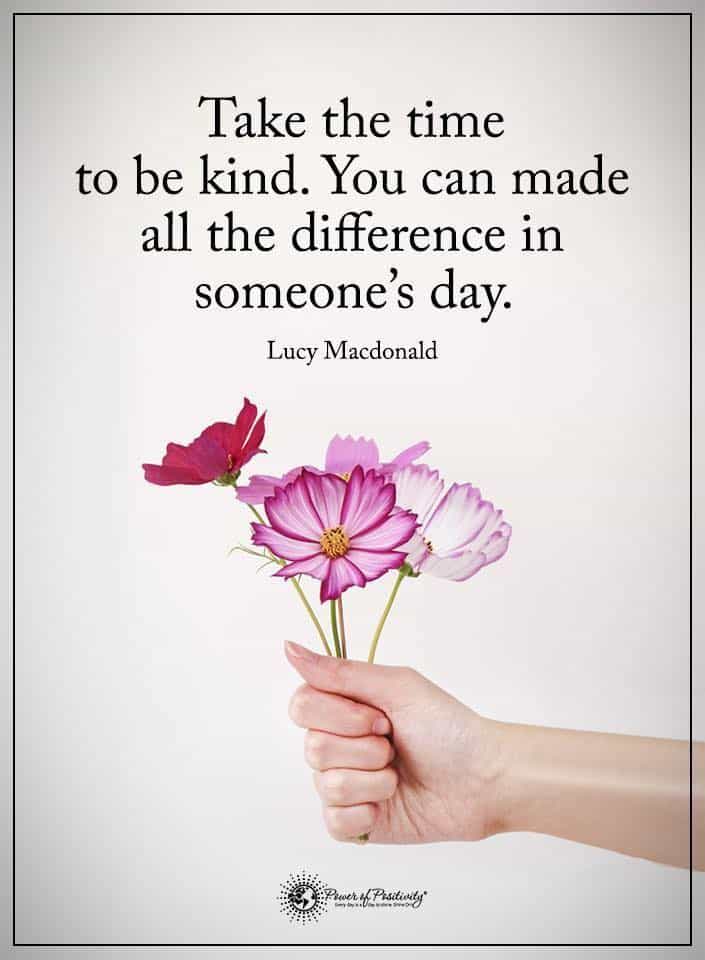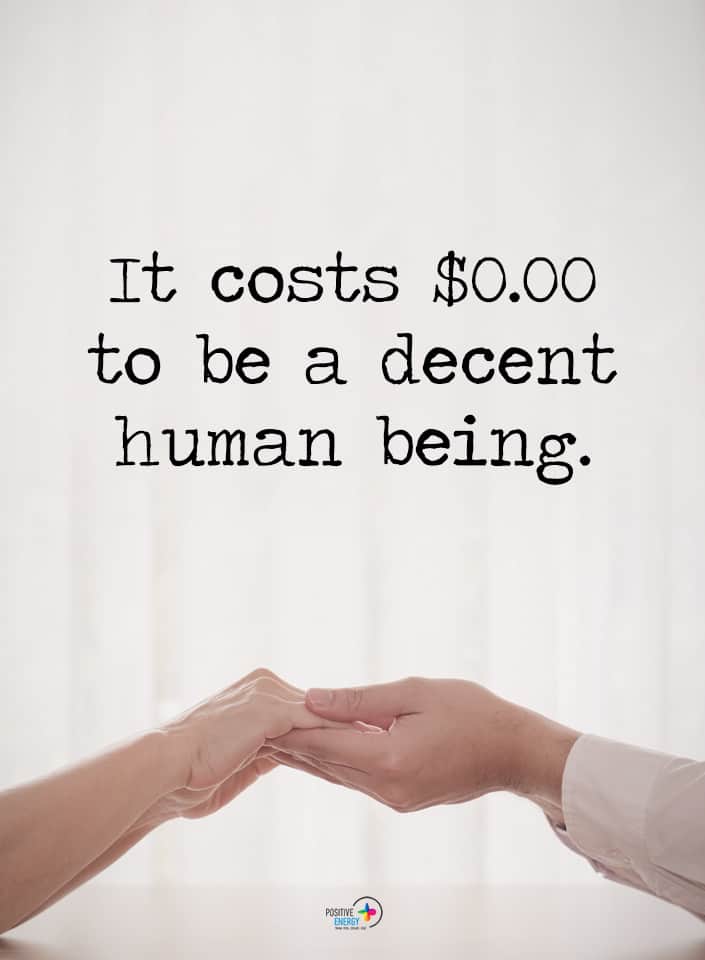“A complex phenomenon in psychology.” That’s how one expert explains the fear of abandonment. Indeed, there doesn’t appear to be a textbook definition of the term.
Dig a little deeper, and you’ll discover that fear of abandonment (‘FOA’ from now on) can stem from many different things. People suffering from FOA are seen in friendships, relationships (romantic or platonic), and as parents and spouses.
FOA not only affects the sufferer; it affects people in their lives. There’s often more than one victim.
The innate and persistent fear of being alone can be debilitating and self-sabotaging. Someone with FOA may display compulsive behaviors and thought patterns – both can lead to the dissolution of relationships and the realization of their biggest fear – isolation.
Interestingly (and tragically), someone’s fear of abandonment is so deeply rooted that many mental health experts classify the disorder as a phobia.
A phobia is “An unreasonable sort of fear that can cause avoidance and panic.”
This unreasonableness – common in anxiety disorders – makes it difficult (if not impossible) to reason with someone about their condition. In other words, even people who love and care for the person can’t “make” them overcome their fear of being left alone.
FOA and Borderline Personality Disorder
A personality disorder “is a pattern of feelings and behaviors that seem appropriate and justified to the person experiencing them, even though these feelings and behaviors cause a great deal of problems in that person’s life.”
Borderline Personality Disorder (BPD) usually involves the following symptoms:
- Inappropriate or extreme emotional reactions
- Highly impulsive behaviors
- A history of unstable relationships
Arnold Lieber, MD and former Chairman of the Department of Psychiatry at the Miami Heart Institute, writes, “Intense mood swings, impulsive behaviors, and extreme reactions can make it difficult for people with borderline personality disorder to complete schooling, maintain stable jobs, and have long-lasting, healthy relationships.
Four Main Signs of FOA/BPD
As fear of abandonment can stem from multiple things, it’s beneficial to concentrate on FOA’s relationship with borderline personality disorder, as both conditions strongly correlate.
Generally, someone suffering from FOA/BPD will display one or more of the following behaviors:
1. Unstable Mood
Some of the common mood disorders experienced by FOA/BPD people include the following:
- Strong feelings of anxiety, depression, and worry.
- Sudden changes in mood that may last for several hours to several days.
- Strong feelings of boredom, emptiness, and isolation.
- Displays of violent verbal or physical behavior (usually the result of deeply-held fears and insecurities.)
2. Difficulty Relating to Others and Self
The common traits of FOA/BPD are easy to see in their dealings with others. Someone with FOA/BPD has a hard time understanding empathy, has a past of short-lived relationships in which the person “can change drastically from intense love and idealization to intense hate,” and experiences irrational and overwhelming fears of abandonment and rejection.
Someone with FOA/BPD also has many difficulties relating to themselves. They’re prone to a severely impaired sense of self and a distorted self-image.
3. Self-harm
Sadly, some FOA/BPD people express their pent-up anger and hostilities by hurting themselves. The most common types of self-harm include cutting or burning themselves.
It’s also more likely for someone with FOA/BPD to exhibit dangerous and potentially life-threatening behaviors. For example, they may drive recklessly or under the influence, abuse alcohol or drugs, and engage in some other destructive behavior.
4. Suicidal tendencies
It’s estimated that about 80 percent of people with BPD experience suicidal ideations, i.e., thoughts of suicide. Given the high correlation between BPD and FOA, it’s fair to state that the majority of BPD/FOA individuals have suicidal thoughts.
Suicide is a tragic event that leaves a trail of devastated people in its wake. If someone you know is exhibiting suicidal tendencies, here’s the number of the National Suicide Prevention Lifeline: 988. The website is https://suicidepreventionlifeline.org.
Final Thoughts on Fearing Abandonment
There is hope for someone with FOA or BPD. As with nearly all mental health disorders, FOA/BPD results from a chemical imbalance in the brain. Given the intricate nature of the disorder, many people need long-term treatment.
Effective treatments for FOA/BPD include talk therapy, medication, mindfulness meditation, mindfulness-based stress reduction (MBSR), and psychotherapy. As of this writing, talk therapy is the most effective means of treatment.
Provided the afflicted person seeks help, the long-term outlook for FOA/BPD is favorable.













